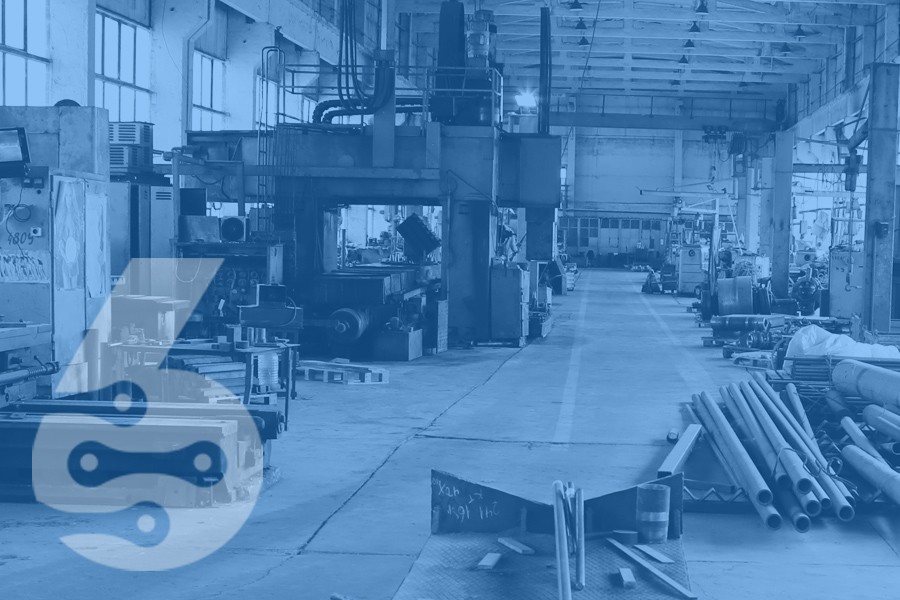Allocation is the process of reserving materials for a specific customer order or work order. This ensures that the correct amount of material is available when needed and prevents over-ordering or under-ordering of materials.
Allocation can be done manually or through a software system. Manual allocation requires keeping track of customer orders and reserved materials in a physical system, such as a whiteboard or spreadsheet. This can be time-consuming and error-prone.
Software systems make it easy to allocate materials by integrating with customer order information. This ensures that the correct amount of material is always reserved, without the need for manual intervention. This can save time and improve accuracy.
When allocating materials, it is important to consider lead time, lot size, and other factors that can affect the availability of materials. This will help to ensure that customer orders can be fulfilled on time and in full.
Allocation is a key part of supply chain management and plays an important role in ensuring customer satisfaction. By ensuring that the correct materials are always available, businesses can avoid delays and disruptions in the production process. This can ultimately lead to happier customers and improved business performance.

Related Blog Articles

Managing the Manufacturing Process in ERPs
Enterprise Resource Planning (ERP) systems are integrated software solutions that help businesses manage the vital components of their operations, including product development, Manufacturing, supply chain, shipping and logistics, customer relationship management (CRM), and finance. An ERP system consolidates all of these business functions into a single, comprehensive software solution that can be accessed by authorized users from anywhere in the organization. This centralized access to information and data allows businesses to...
Implementing ERPs in manufacturing companies - Tips and Considerations
Are you considering implementing an ERP in your manufacturing company? It's a big decision, and there's much to consider. But don't worry - we're here to help. This blog post will share tips and tricks for making the most of your ERP implementation. Whether you're just starting or you've been working with ERPs for years, we hope you'll find these tips helpful. So let's get started!
Smart Factories for Smart Snacks: How SIX ERP Transforms Food Production
As the CEO and mastermind behind our ERP implementations, I’ve seen firsthand how manufacturing is evolving. It’s no longer just about efficiency - it’s about intelligence, adaptability, and staying ahead of the curve. At SIX ERP, we don’t just implement software; we engineer smart, scalable solutions that transform production lines into data-driven, automated ecosystems.One of our most exciting challenges? Equipping a new potato chips factory with a fully automated, sensor-driven...Related SIX ERP Solutions:
Want to see SIX for yourself?
Need help, have questions or want to get a free demo?
Please read our Privacy Policy on how we process personal data. We will never share your data!



